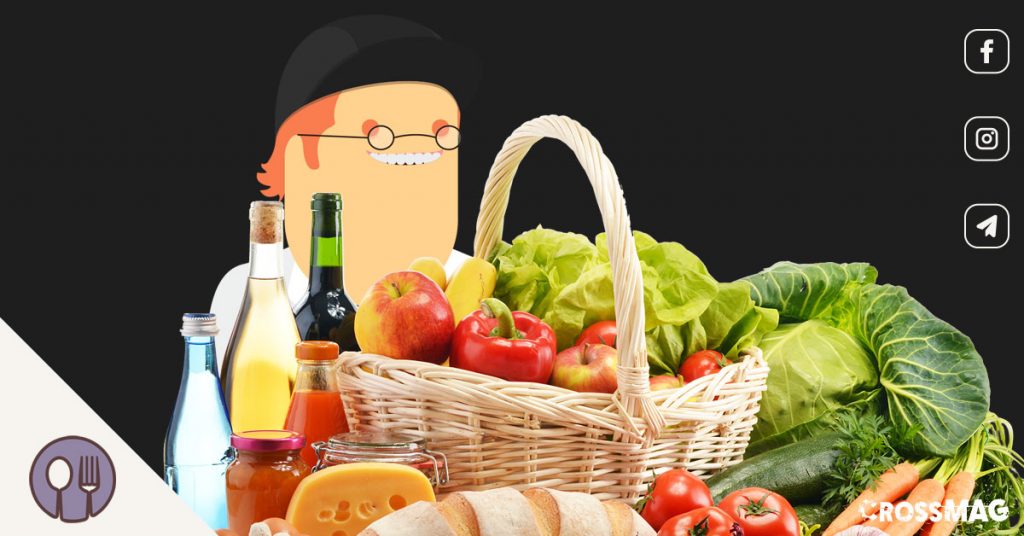Whether it's the buddy in the gym who sets the alarm clock at night to eat rice and chicken, the colleague who fills her water bottle 10 times and forces herself to drink it by 18pm or your super excited friend because she found new gluten-free cookies , we all, sooner or later, fall victim to some myth.
If you are thinking of adopting some new healthy habits found on the internet, it is good to think twice ...
Index
MYTH: Eating late at night will make you fat
Le calories are Calories; no matter what time they are ingested!
There is no magical time when your body decides that incoming calories should be stored as fat; if you usually eat a lot after dinner, it is the overeating that is sabotaging your diet, not the time.
For many people the message "no calories after 20pmIs an effective diet strategy, because it means they absorb fewer calories and less fat.
If you get hungry at 21pm or before bed, eat! Listen to your body.
Also, if you work out in the evening, eating very late is a necessity; you need to replace the nutrients you just lost.
MYTH: Eating extra protein increases muscle mass
To build muscle you have to follow 3 rules: adequate calories, a good intake of protein, a good strength program.
Without sufficient calories, some of the protein ingested will be used as a source of energy and, similarly, if you eat more proteins than your dietary needs require, these will be stored as fat or burned to produce energy.
MYTH: Foods without cholesterol are good for the heart
While it may be a good idea to limit egg yolks, whole milk, red meat and other foods rich in cholesterol, It's not that easy.
What is most damaging to the heart are some types of saturated fats; in the supermarket you can find many products without cholesterol, but rich in saturated fat.
Always check the nutritional labels of all products and always try to never miss them at the table natural foods (whole grains, fruits, vegetables, legumes, nuts and seeds).
MYTH: Eating fish is the only way to get healthy omega-3 fats
The family of omega 3 It brings a host of health benefits, ranging from promoting brain development in children, improving cognitive function in the elderly to protecting against heart disease.
Fish and some supplements are the only way to get it EPA and DHA, two important omega 3 fatty acids; however, seeds, nuts, oils and other plant foods provide ALA, another very important omega 3 fatty acid.
Diets rich in ALA allow for healthier skin and hair and reduce the risk of fatal ischemic heart disease.
MYTH: Athletes don't suffer from osteoporosis
All sports and training styles can determine the risk of osteoporosis.
Osteopenia (low bone mass), which precedes osteoporosis (bone loss) is quite common among women who practice sports such as long-distance running, dance and gymnastics.
When athletes train intensely, do not have the right caloric intake and lose their menstrual cycle, the risk of developing osteoporosis is very high; you have to pay attention to the correct intake of football, vitamin K, vitamin D e magnesium.
MYTH: Dark bread is more nutritious than white bread
When you buy dark bread, are you really sure you are making the right choice and knowing what's inside your sandwich?
Always check nutritional labels; the first ingredient must be 100% whole wheat or other grains integrals (oats, barley ...).
"Enriched soft wheat flour”Is another way of saying non-wholemeal white flour; sometimes the dark bread contains added sugars or dyes, so it's no more nutritious and healthy than regular white bread.
And you, did you know these myths of nutrition? Let us know in the comments and don't forget to follow us on our Telegram channel
SUBSCRIBE HERE TO THE TELEGRAM CHANNEL

